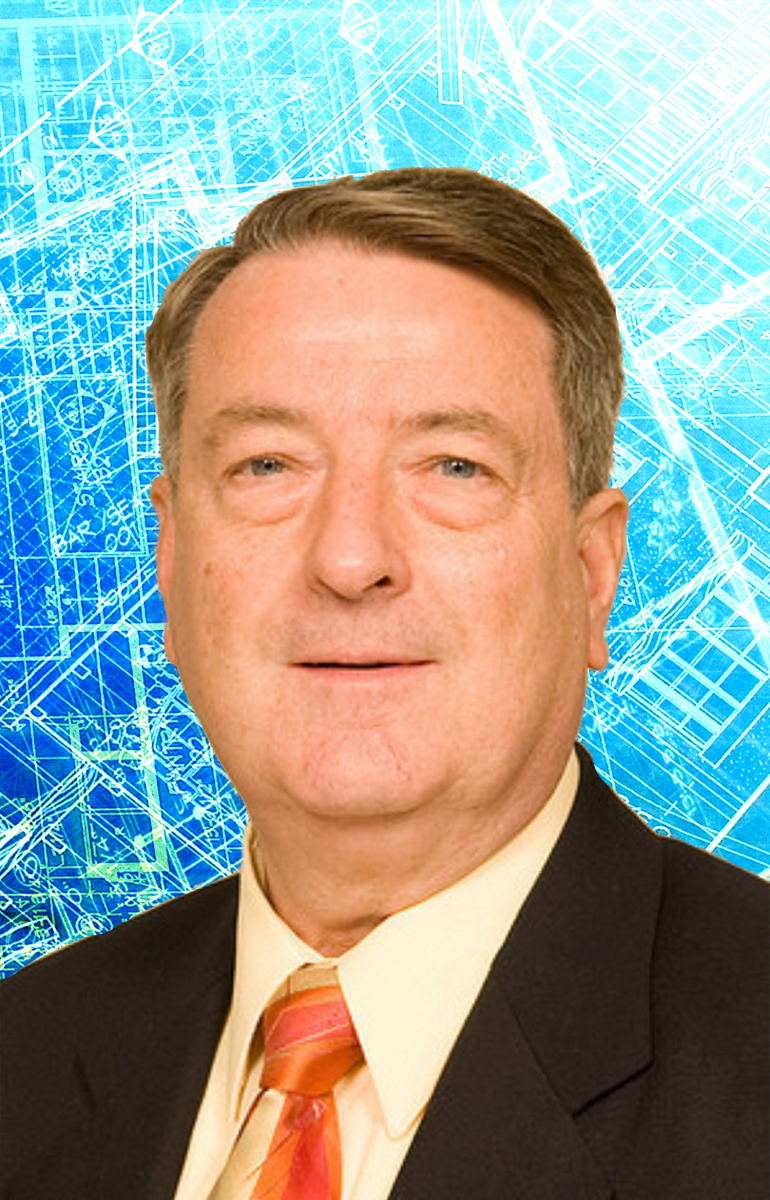By Dr. Jason M. Pittman, Sc.D
The demand for privacy is at an all-time high. Worldwide, web search traffic suggests that people are more interested in privacy today than they were ten years ago.
 While
the United States is a hotbed for privacy, largely because of the
revelations by government whistleblower Edward Snowden, other countries
are also demonstrating a surge in privacy demand. Interest in privacy
has risen more than 10% in Germany, 15% in France, and in the
Netherlands; the trend towards privacy demand has skyrocketed higher
than 50% in the past ten years. Yet, this growth in demand is not the
entire story.
While
the United States is a hotbed for privacy, largely because of the
revelations by government whistleblower Edward Snowden, other countries
are also demonstrating a surge in privacy demand. Interest in privacy
has risen more than 10% in Germany, 15% in France, and in the
Netherlands; the trend towards privacy demand has skyrocketed higher
than 50% in the past ten years. Yet, this growth in demand is not the
entire story.The demand for privacy has also become much more specific. That is not to say that privacy as a concept was not well defined or understood, but rather that the need for privacy was broad. This was particularly true in relation to technology.
Nowadays, however, privacy demand is laser focused and targeted towards very specific technologies. For example, whereas ten years ago the trend in privacy demand was towards the expectation of privacy, the current trend includes distinct platforms (e.g. Facebook) and technologies (e.g. VPN or virtual private network).
I feel that this increase is largely related to changes in how we perceive technology as a knowledge mediator. Ten years ago, the internet was still quite young, and information was amorphous and static. Compare that to today when information is quite precise, highly curated, and certainly dynamic. We have access to more information, faster than we did before, and so does everyone else.
However, there is a material difference between data and information. Data are pieces or points of qualitative or quantitative values. Think about GPS coordinate for a moment (which are quantitative data). Further, think about the GPS coordinates associated with each traffic light you may be stopped at on your way to work. An individual stop along a route is a single datum in the collective data of all GPS coordinates on your way to work.

The collection of all stops then, is simply data (plural) as well. However, if we were to plot this GPS data on a map, we could trace your exact route between home and work. This- the (re)construction of the A to B route- is information. The data were analyzed and used to construct something bigger, larger. Further, if we associated a time stamp element with each GPS datum, we could know the precise length of time for your trip. This too is information.
At all times, when discussing privacy, I refer to information as opposed to unprocessed data. The demand for privacy is rooted in information. Thus, information, unlike the underlying data, is of concern for us.
What type of information is of concern, though?
While my information is unique to me and your information is unique to you, understanding why privacy is in demand necessitates consideration of three abstract qualities of information that apply to all general cases: parity of information, information as a currency, and the permanency of information.
To better understand the demand for privacy, tune in next week for my explanation of these three demand drivers.
www.CapTechU.edu



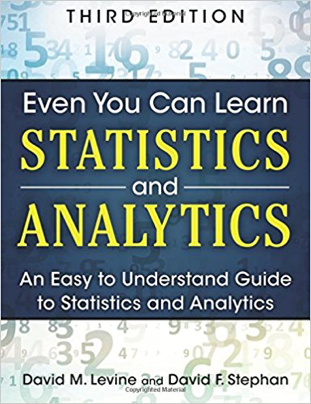
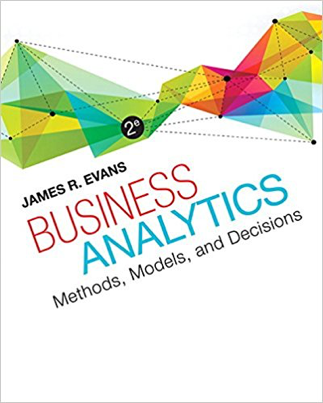 Ready
to level up? University of Cincinnati professor James R. Evans, the
author of numerous textbooks covering a variety of business disciplines,
is your guide in a text that delves into more advanced territory while
still focusing on the fundamentals. Evans provides readers with
extensive examples that illustrate how business analytics can be applied
to a variety of real-world scenarios. You’ll come away with a solid
understanding of how to leverage analytics to make more effective
business decisions. An added bonus: the book comes with access to
commercial-grade analytics software that you can use to gain further
hands-on experience.
Ready
to level up? University of Cincinnati professor James R. Evans, the
author of numerous textbooks covering a variety of business disciplines,
is your guide in a text that delves into more advanced territory while
still focusing on the fundamentals. Evans provides readers with
extensive examples that illustrate how business analytics can be applied
to a variety of real-world scenarios. You’ll come away with a solid
understanding of how to leverage analytics to make more effective
business decisions. An added bonus: the book comes with access to
commercial-grade analytics software that you can use to gain further
hands-on experience.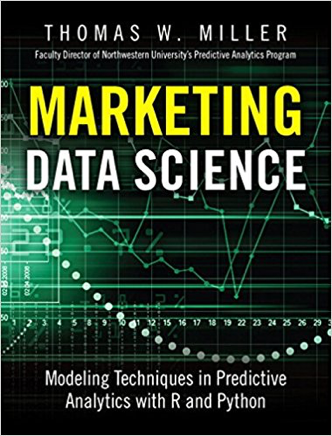
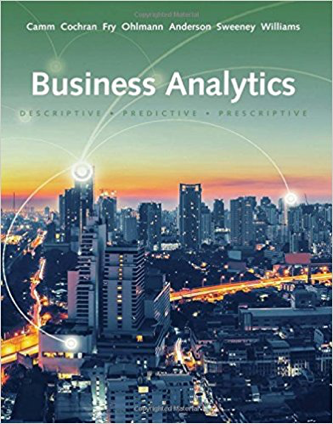
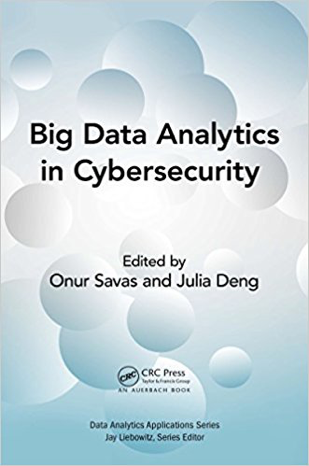


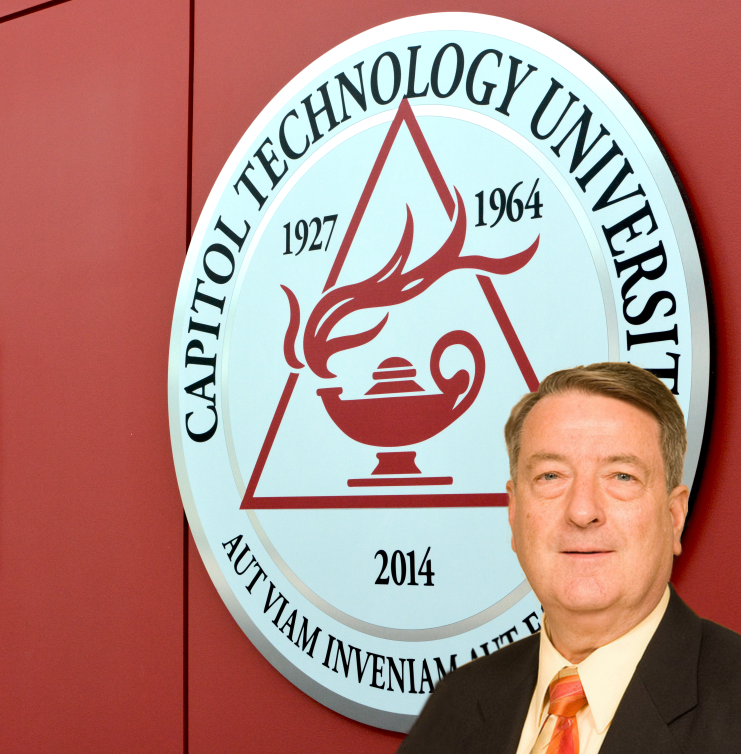 vehicles
in the air,” says Dr. Baker. “And you can use ground vehicles to
deliver assistance, or open pathways or whatever needs to be done.”
vehicles
in the air,” says Dr. Baker. “And you can use ground vehicles to
deliver assistance, or open pathways or whatever needs to be done.”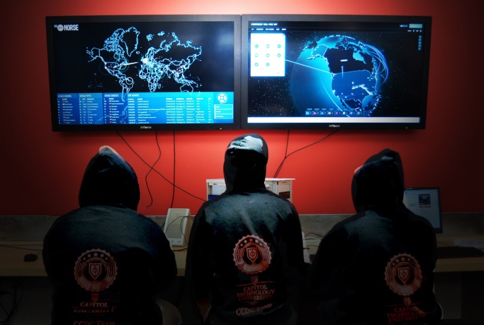
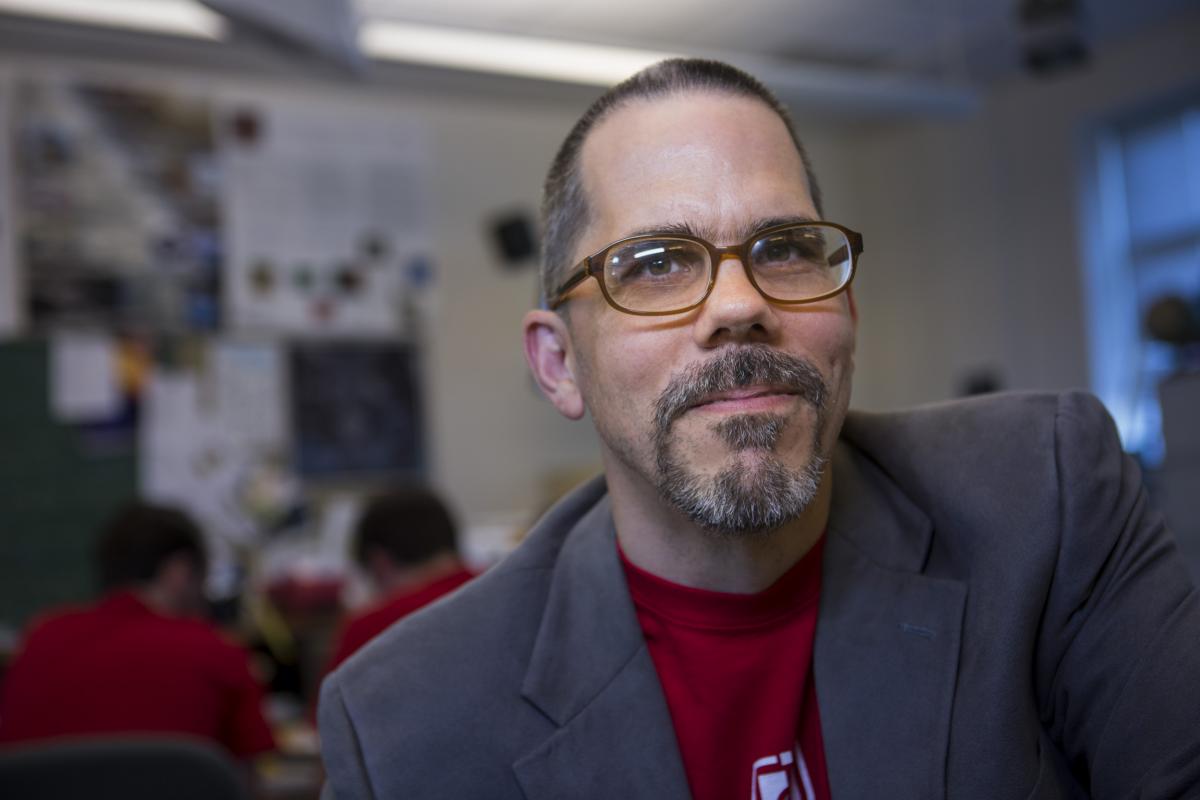
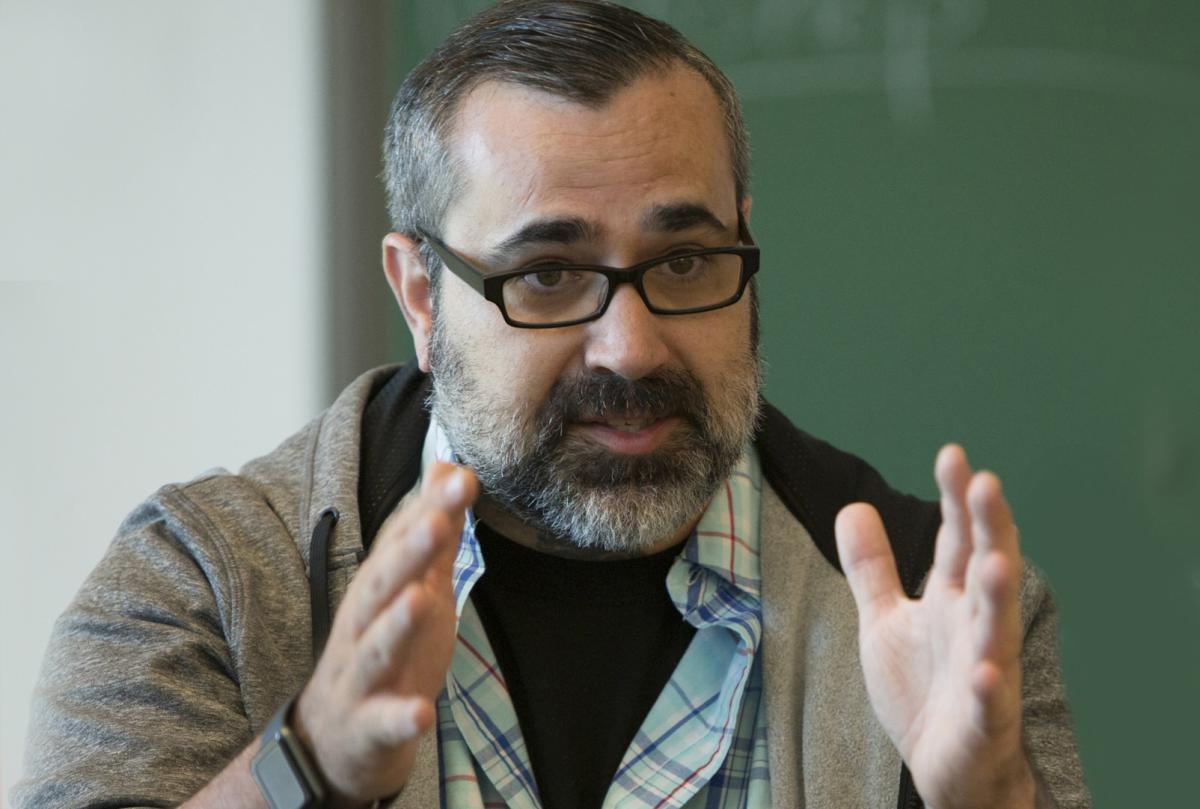
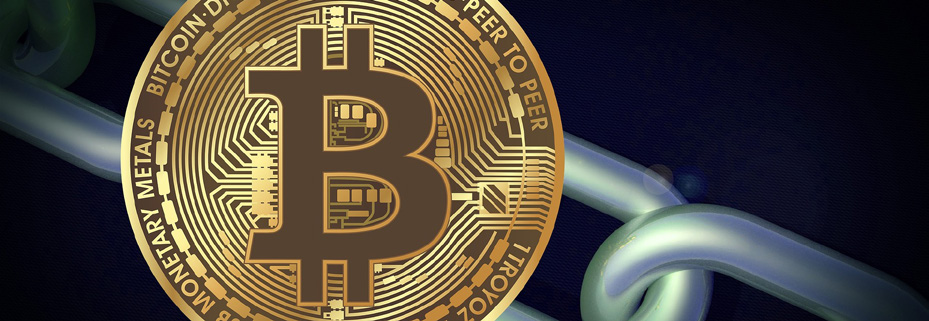
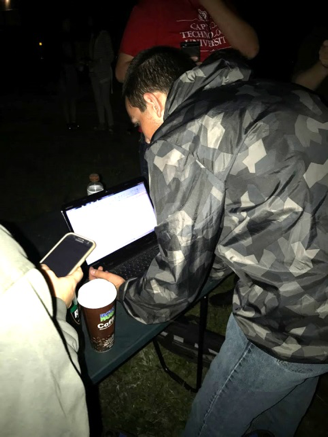 How about using your mobile phone to command and control a satellite in orbit high above the earth?
How about using your mobile phone to command and control a satellite in orbit high above the earth?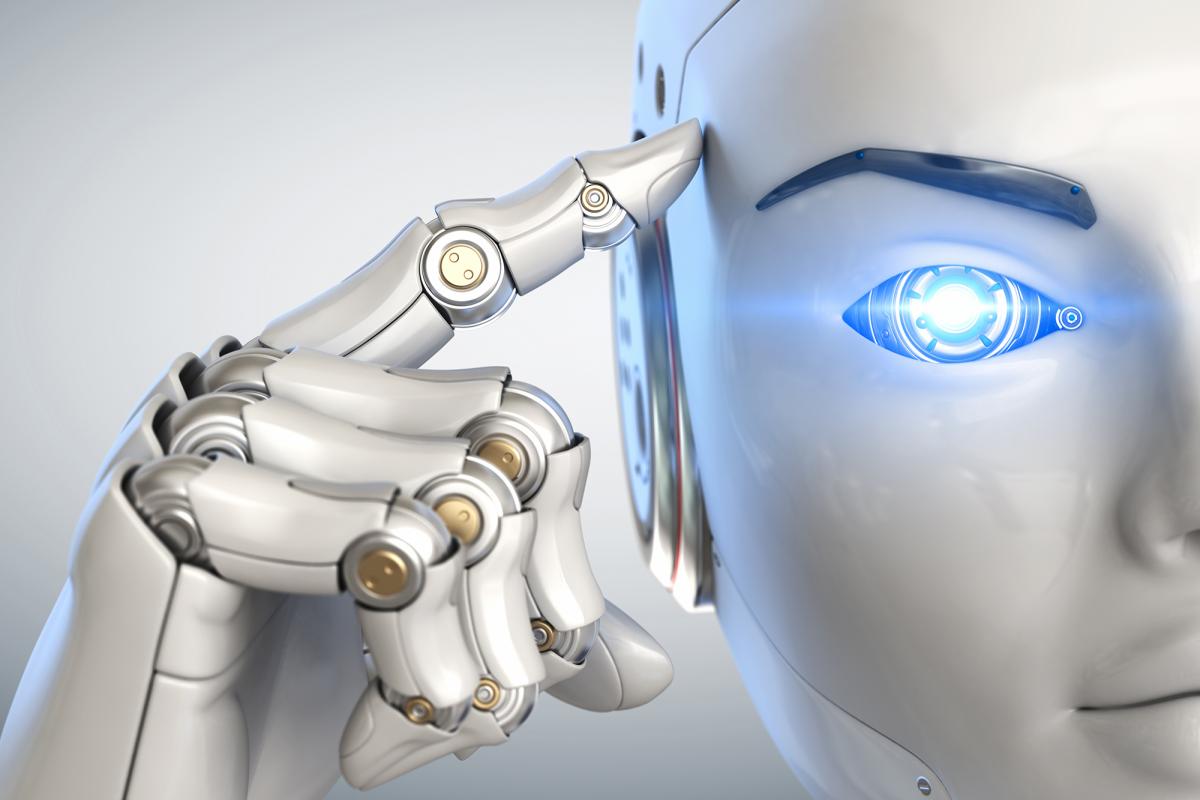

 For those planning a career in cybersecurity, though,
For those planning a career in cybersecurity, though, 

